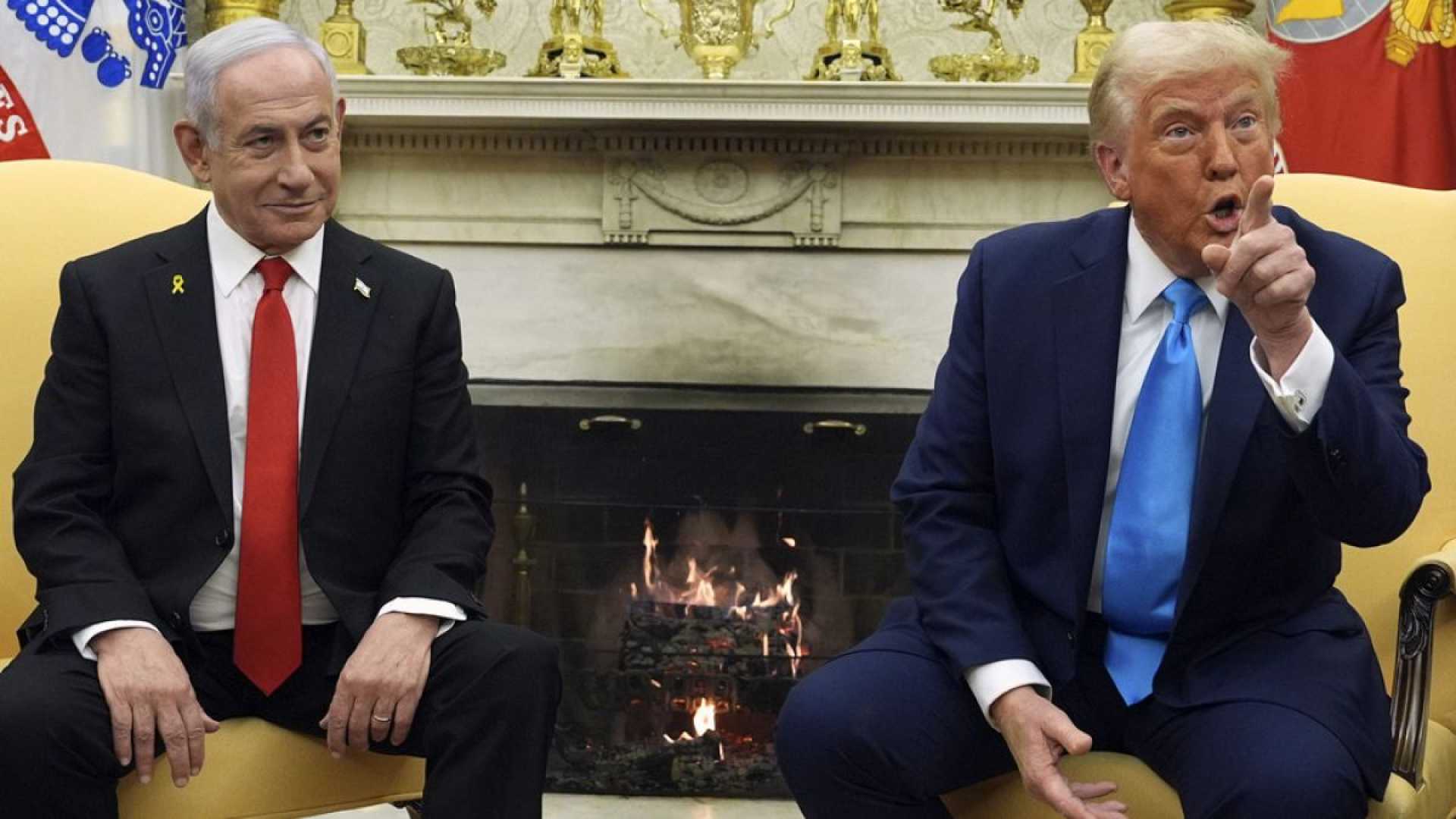World
Trump’s Sanctions on ICC Spark Global Outrage and Legal Concerns

THE HAGUE, Netherlands — U.S. President Donald Trump’s executive order imposing sanctions on the International Criminal Court (ICC) could significantly impact global war crimes trials and investigations. Signed on February 6, 2025, the order labels the ICC’s actions as “illegitimate and baseless” and directly cites the arrest warrant issued for Israeli Prime Minister Benjamin Netanyahu and former Defense Minister Yoav Gallant for alleged war crimes in Gaza.
The ICC, established in 2002 to pursue justice for the world’s most serious crimes, expressed strong condemnation of the sanctions. In a statement, the court affirmed its commitment to its personnel and the mission of delivering justice to victims of atrocities worldwide. The ICC is not recognized by the U.S. or Israel, but is supported by 125 other countries which are signatories to its foundational treaty, the Rome Statute.
Trump’s sanctions utilize emergency powers that permit the U.S. Treasury and State Department to impose specific restrictions on individuals involved with the court’s investigations, particularly those related to the Netanyahu case. Chief Prosecutor Karim Khan is a likely target, along with the judges who issued the arrest warrants. The sanctions could halt court operations entirely, threatening the pursuit of justice in ongoing investigations.
During Trump’s previous administration, sanctions had previously been placed on former prosecutor Fatou Bensouda over her investigation into U.S. forces in Afghanistan. While President Joe Biden lifted these sanctions in 2021, the current action raises new concerns about the integrity and functionality of the ICC.
In November 2024, the ICC issued arrest warrants for Netanyahu and Gallant, charging them with crimes including the unlawful blocking of humanitarian aid and intentional targeting of civilians during military operations in Gaza. Israeli officials deny all allegations of wrongdoing, which nonetheless complicate Netanyahu’s international travel and legal standing.
Agnès Callamard, Secretary General of Amnesty International, denounced Trump’s actions as endorsing impunity for alleged war crimes. “This reckless action sends the message that Israel is above the law,” she stated. “It suggests an endorsement of the Israeli government’s actions and undermines accountability globally.” Callamard emphasized the critical role of the ICC in ensuring justice for victims and preventing future atrocities.
In the wake of the sanctions, nearly 80 countries publicly declared their unwavering support for the ICC. Leaders from France, Germany, and the UK contended that the sanctions undermine the global pursuit of justice, noting the ICC’s essential role in holding those responsible for serious international crimes accountable.
German Chancellor Olaf Scholz labeled the sanctions as misguided. “Sanctions are the wrong tool,” he argued. “They jeopardize an institution that prevents impunity for dictators around the world.”
The ramifications of the executive order pose serious challenges for the ICC, which currently has 33 issued arrest warrants and three pending verdicts for various individuals accused of war crimes. Prominent among the named suspects are figures like Russian President Vladimir Putin and former Ugandan rebel leader Joseph Kony.
Despite the U.S. actions, many view the ICC as crucial for ensuring accountability, especially in contexts where national courts fail to prosecute. “The sanctions are an affront to the will of the 125 member states committed to international justice,” Callamard added.
The ICC, which has operated for over two decades to bring war criminals to justice, now faces an unprecedented challenge to its authority, with experts urging member states to take swift action to mitigate the effects of U.S. sanctions on the court and its personnel.












